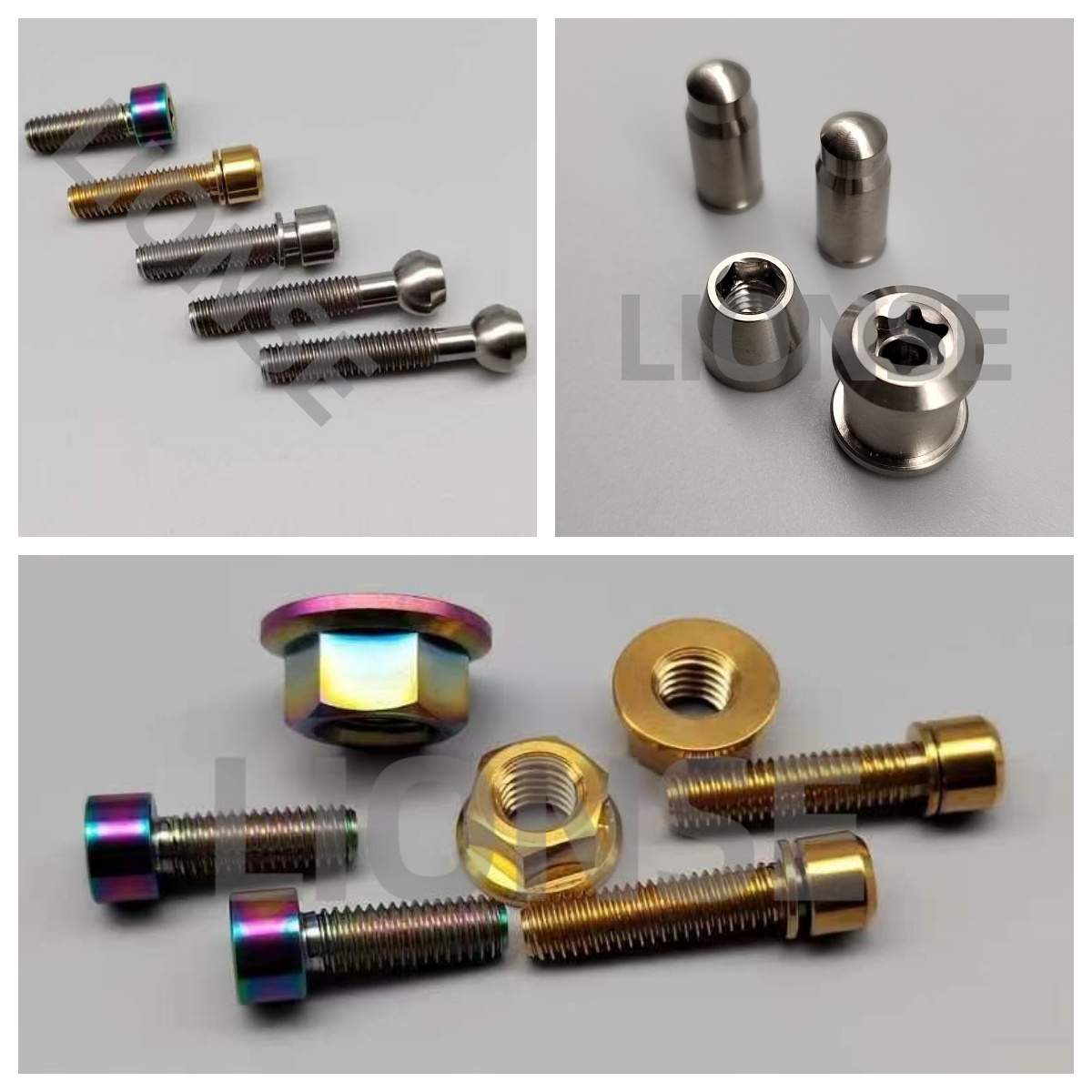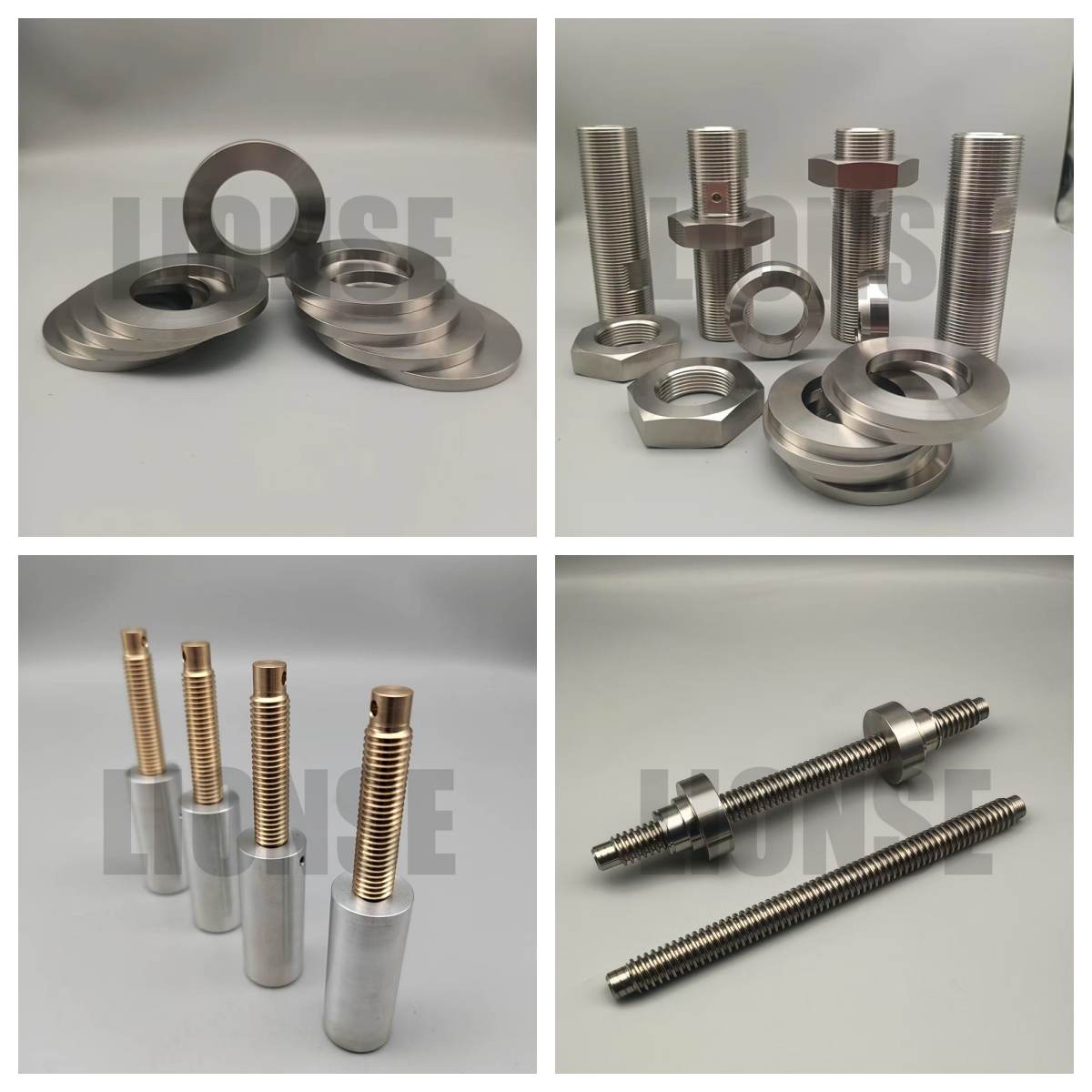

Hexagon Head Bolts This is the most common type. Its head is hexagonal. It's used together with nuts and is great for high-strength connections. Subtypes: External Hexagon Bolts and Internal Hexagon Bolts (the countersunk design makes the surface flat). Carriage Bolts (Square Neck Bolts) The head is round and there's a square neck below. This prevents it from turning. It's often used to connect wood structures or metal frames. T Bolts The head is shaped like a “T”. It's used for connections in slots or tracks. You can adjust its position quickly.
Hexagonal Nuts They're standard hexagons. They work with bolts and are tightened with a wrench. Wing Nuts The head has wings. You can tighten them by hand. They're suitable for places where you need to take things apart often. Locking Nuts There are nylon locking nuts and metal locking nuts. They keep things from getting loose because of vibrations. Cap Nuts The top is closed. They protect the threads or hide the connection points. They're often used for decorative purposes.
Structure: They're made up of a head (like a cylindrical head or a countersunk head) and a shank. The heads come in different shapes. Usage: Machine Screws: They're used with parts that have through holes. You don't need a nut (like when connecting metal parts). Set Screws: They fix the relative positions of parts (like stopping something from moving axially). Special-purpose Screws: For example, eye bolts are for lifting, and there are also locating screws. Subtypes: Internal hexagon screws are good for places where space is limited or you need to sink the head in.
Cylindrical Pins They're cylindrical. They're used to position parts or keep their relative positions fixed. Tapered Pins They're conical. They lock well by themselves and are good for high-precision positioning. Split Pins They're forked. You pass them through the holes in bolts or shafts to keep nuts or parts from falling off.
Flat Washers They make the contact area bigger, spread out the pressure, and keep the bolt head or nut from damaging the surface. Spring Washers (Locking Washers) They're elastic. They stop nuts from getting loose because of vibrations. Toothed Washers The surface has teeth. They dig into the material surface to make it harder for things to get loose.
Expansion Bolts These are used in concrete or brick walls. They hold things in place by expanding and can carry a lot of weight. Chemical Anchor Bolts They rely on chemical glue to stay in place. They're good for high-load situations or special materials. Stainless Steel Fasteners They don't rust easily and are suitable for outdoor or wet places. Non-standard Fasteners These are made according to what the customer wants, like bolts with strange shapes or special threads.

